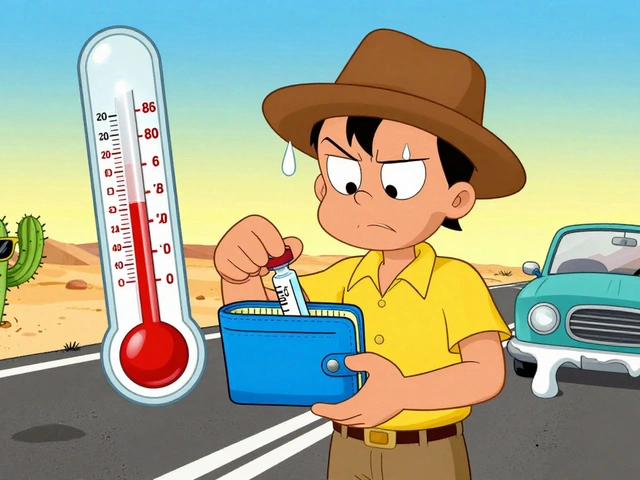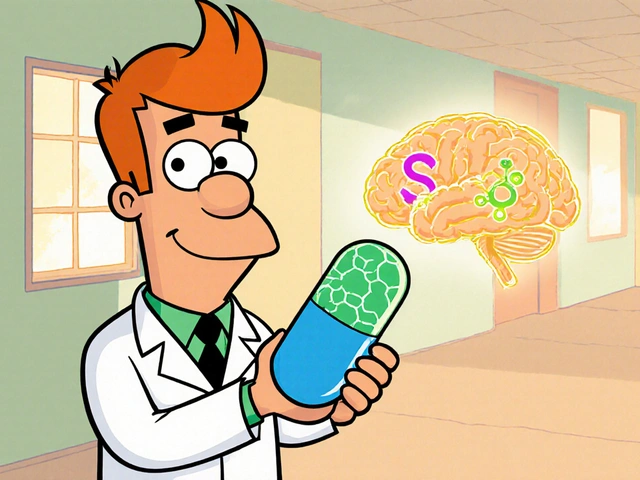Testosterone Support: Simple Steps to Boost Your Hormone Health
Feeling tired, losing muscle, or noticing a dip in libido? Low testosterone could be behind it. The good news is you don’t need a prescription to start fixing it. A mix of food, movement, rest, and smart supplements can lift your levels without risky shortcuts.
Eat Foods That Fuel Testosterone
Your diet is the first line of defense. Protein‑rich foods like eggs, chicken, and lean beef give your body the building blocks it needs for hormone production. Include healthy fats – think avocados, olive oil, and a handful of nuts – because testosterone is made from cholesterol. Don’t skip zinc either; oysters, pumpkin seeds, and beans are great sources, and low zinc is linked to lower testosterone.
Move Smart, Not Just Hard
Strength training works better than endless cardio for raising testosterone. Focus on compound lifts – squats, deadlifts, bench press – and keep the rest periods short (60‑90 seconds). Aim for three sessions a week; that’s enough to spark hormone release without overtraining. A bit of high‑intensity interval training (HIIT) can also help, but keep it under 20 minutes to avoid cortisol spikes that can hurt testosterone.
Sleep is often ignored, but it’s a hormone‑maker’s best friend. Aim for 7‑9 hours of uninterrupted sleep. If you’re waking up feeling groggy, try a cool room, no screens an hour before bed, and a consistent bedtime routine. Poor sleep can drop testosterone by up to 15% in just a few nights.
Stress management matters too. Chronic stress pumps up cortisol, which directly suppresses testosterone. Simple habits like 10 minutes of breathing exercises, a short walk, or journaling can keep cortisol in check.
Supplements that Actually Help
Not all “testosterone boosters” are created equal. The ones with solid research are:
- Vitamin D – Most adults are low; 2,000‑5,000 IU daily can lift testosterone by 10%.
- Zinc – 30 mg per day if you’re deficient; more won’t help and might cause issues.
- Magnesium – 200‑400 mg improves free testosterone, especially if you sweat a lot.
- Fenugreek – A plant extract that has shown modest gains in strength and libido.
Avoid products that promise massive spikes or contain undisclosed steroids. Stick to reputable brands and read labels.
When to See a Doctor
If lifestyle tweaks don’t move the needle after 8‑12 weeks, it’s time for a check‑up. Blood tests can confirm if you truly have low testosterone and rule out medical issues like thyroid problems. Your doctor might discuss prescription options, but many men find enough improvement with the natural steps outlined here.
Bottom line: boosting testosterone isn’t about one magic pill. It’s a daily habit mix – good food, focused lifts, solid sleep, stress control, and a few proven supplements. Start small, track how you feel, and you’ll notice more energy, better workouts, and a healthier mood.




